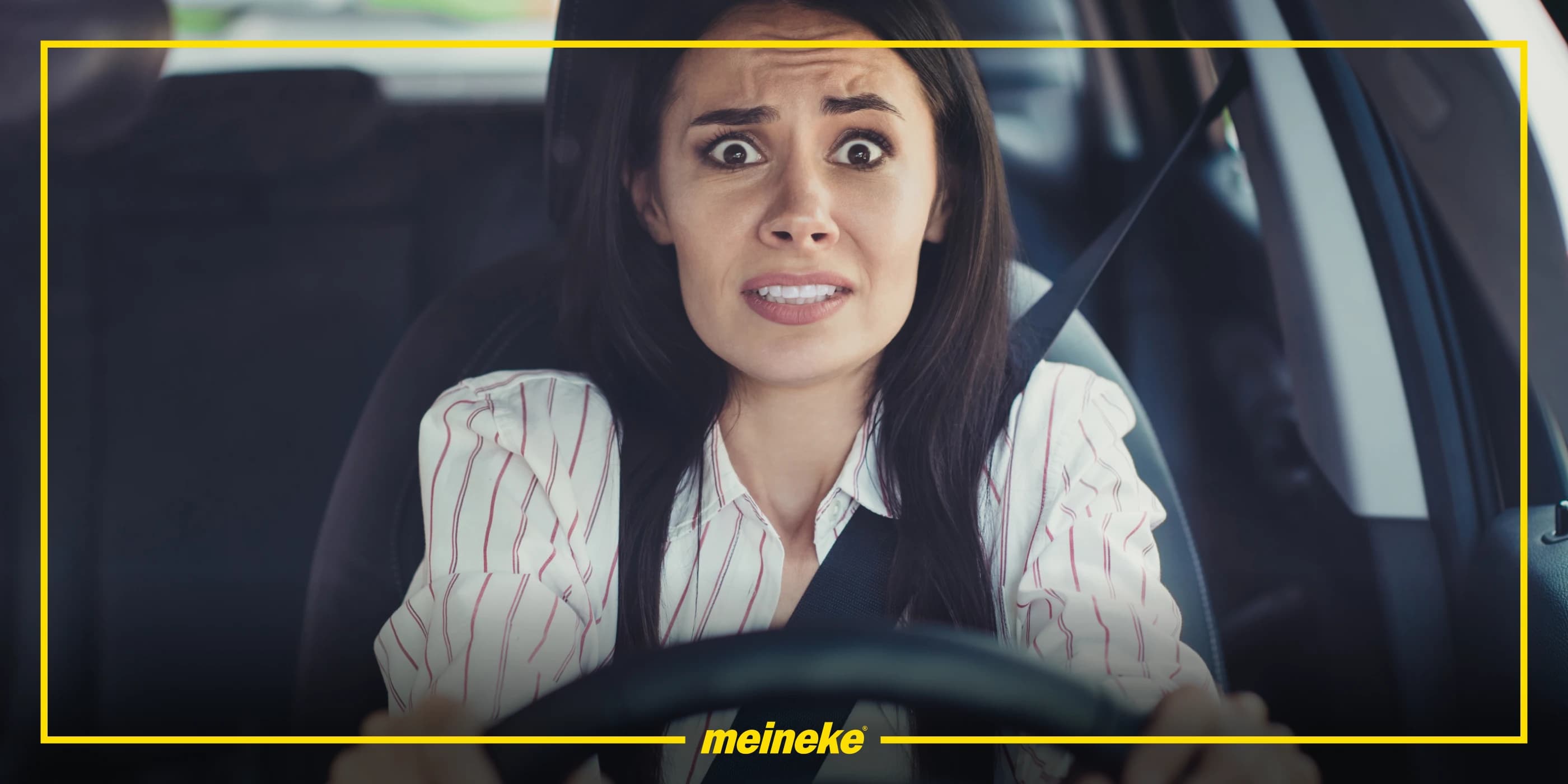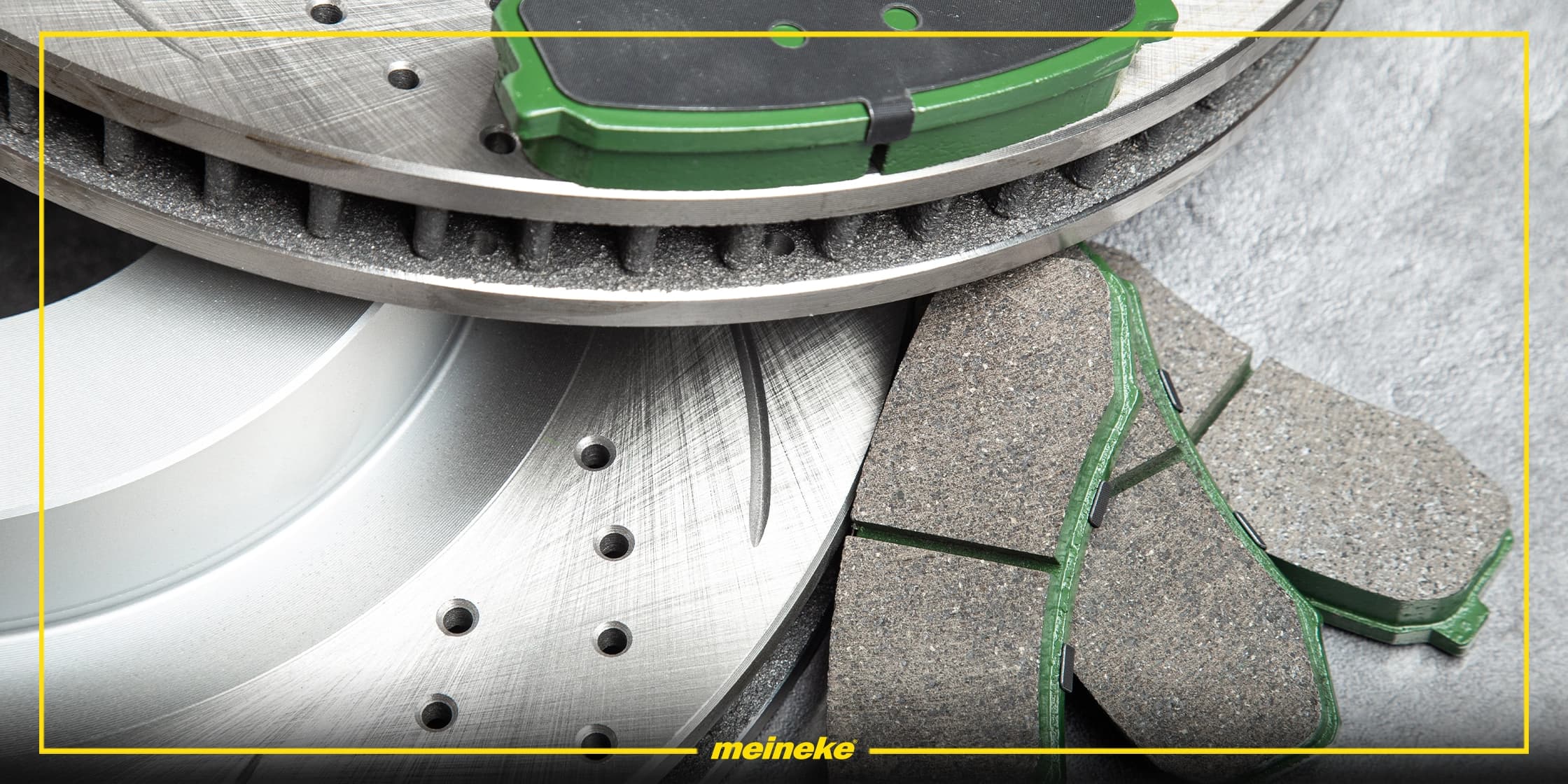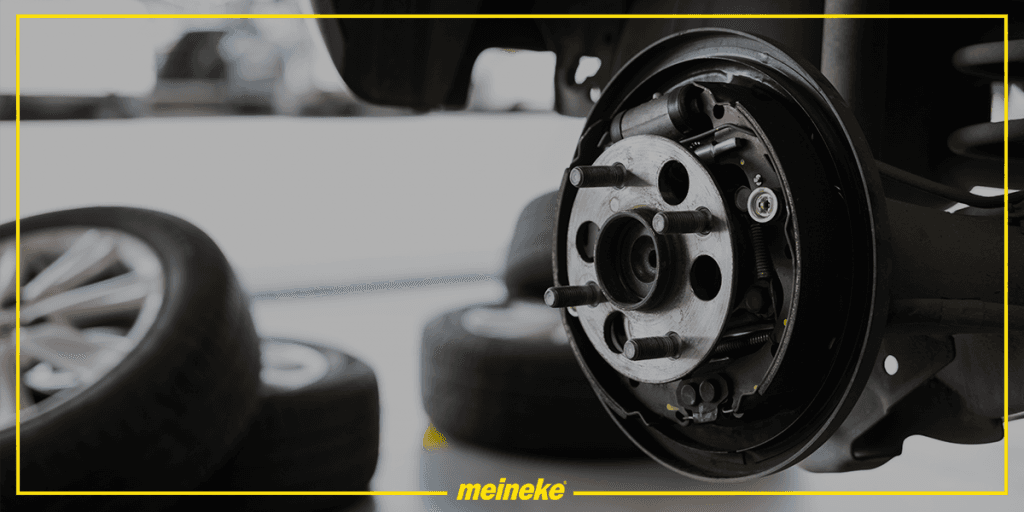
May 9, 2025
Why Is My Car Shaking?
It’s a nerve-wracking experience: you’re cruising down the road when suddenly, your car starts shaking. Whether it happens when you brake, accelerate, or drive at high speeds, car vibrations can feel unsettling — and they signal that something isn’t right. Understanding the timing and situation when the shaking occurs is key to diagnosing the problem. In this article, we'll walk through the most common reasons for a car shaking when braking, accelerating, or traveling at high speeds. Addressing these symptoms early can help you avoid expensive repairs and, more importantly, keep you safe on the road.
1. Car Shaking When Braking
One of the most alarming situations is feeling your car shaking when braking. This often points to issues within your braking system, and it's not something to ignore. In many cases, warped brake rotors are the cause. When rotors become uneven, the brake pads don’t make smooth contact, leading to noticeable vibrations. Worn brake pads can also cause similar symptoms, as can suspension problems that reveal themselves when extra stress is placed on the system during braking.
Not only does a vibrating car make it harder to stop safely, but it can also signal that your brakes are close to failing. If you notice your steering wheel vibrating or pulsing when you apply the brakes, it’s crucial to have your brake system inspected immediately. Reliable braking performance is vital to your safety and the safety of everyone around you.
2. Car Shaking When Accelerating
Feeling your car shaking when accelerating can be equally concerning. Vibrations that start or worsen with speed are often linked to worn CV joints, unbalanced tires, or engine misfires. CV joints that are starting to fail may even produce a clicking noise when you turn. If the tires are unbalanced, you might notice a wobbling or shimmying sensation that becomes more pronounced as you accelerate. Engine misfires, meanwhile, cause the car to jerk or shudder as it struggles to maintain smooth power delivery.
Acceleration should feel smooth and responsive. If you sense vibrations that start or intensify as you press the gas pedal, it’s best to address the issue early. Left unchecked, problems like unbalanced tires can cause uneven wear, while faulty CV joints or engine issues could result in much more costly repairs.
3. Car Shaking at High Speeds
When your car is shaking at high speeds, it’s not just annoying — it can be dangerous. Some issues you might barely notice at low speeds become much more apparent on the highway. Tire imbalance is one of the leading causes; when the weight of the tires isn’t distributed evenly, the result can be repetitive bouncing or vibration. Wheel alignment problems can also lead to a shaky, unstable driving experience, often pulling your steering slightly to one side. Suspension wear may further amplify these problems, reducing your car's ability to stay firmly connected to the road.
If your steering wheel shakes once you hit 60 mph or higher, it's time for a wheel alignment or tire balance check. Misaligned wheels or poorly balanced tires can seriously impact your control of the vehicle, especially at highway speeds where stability is critical.
4. My Car Shakes When I Drive – Other Possible Causes
You might be thinking, "My car shakes when I drive, but none of these specific conditions match exactly." In those cases, the cause might be rooted in the engine or the steering system, for example:
- Engine problems, such as clogged fuel injectors or faulty spark plugs can cause irregular firing, leading to vibrations that feel different from tire or suspension issues.
- Worn engine mounts, which secure the engine to the vehicle frame, can also create a deep, rough shaking sensation.
- Problems in the steering system might cause noticeable vibrations, especially when turning.
To help your mechanic diagnose the issue faster, observe whether the shaking comes mainly through the steering wheel or through the entire vehicle. Try to note whether it happens during specific actions, like turning, braking, or idling. Keeping a simple log of when and how the shaking occurs can make a big difference in quickly pinpointing the root cause.
When to See a Mechanic
Some signs mean you shouldn't wait to get help. If the shaking is accompanied by strange smells like burning odors, new noises such as clunks or squeals, or if any warning lights appear on your dashboard, it’s important to act immediately. Early intervention can prevent minor issues from turning into major, costly repairs. If you're wondering, "Why is my car shaking?" — trust your instincts and have it checked sooner rather than later.
Don’t Ignore Car Shaking
In short, vibrations in your vehicle are never normal. Whether it is your car shaking when braking, your car shaking when accelerating, or shaking at high speeds, ignoring the signs can lead to unsafe driving conditions and expensive repairs. The good news? Expert mechanics can quickly identify and fix these problems.
If your car has been shaking, don’t wait — schedule a diagnostic appointment online or stop by your nearest Meineke location today. Let’s get you back to smooth, safe driving!



